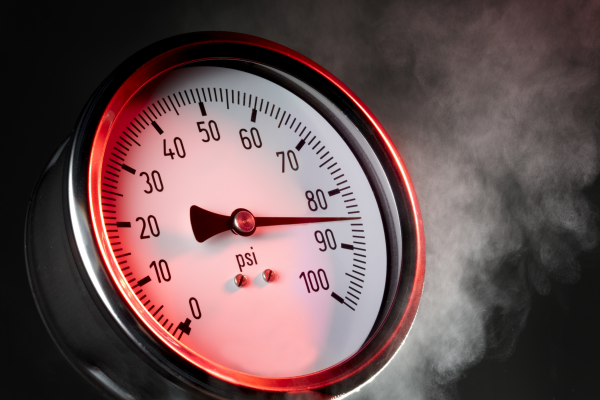HCF says a new consumer insights report on Australia's health has revealed that 71 per cent of people are bracing for a stressful holiday season because of pressure to make it perfect to compensate for a ‘bad year’.
The insurer has released the report - Post Pandemic Trends: 2021 Summer Holiday Health Report - as a guide for its members.
The report is based on a survey of more than 2,500 people. HCF conducted the survey to understand how people felt the pandemic impacted their mental wellbeing, both during the year and in the lead up to the festive season.
The survey revealed that parents with children at home (80 per cent) are more likely to be expecting stress, pressure and loneliness this holiday season. Women are twice as likely as men to say they do most of the work when it comes to planning gifts and meal preparation for Christmas or summer holiday gatherings (21 per cent compared to 10 per cent).
HCF chief officer of member health Julie Andrews said the impact of the pandemic on mental health did not end with the easing of restrictions or lockdowns.
“Our research tells us that even though pandemic-related restrictions are easing, this Christmas won’t be without stress for many Australians, in fact it might be even more worrisome for many given the year we’ve had,” said Ms Andrews.
“At HCF we’ve gone above and beyond to ensure we have a holistic mental health program with quick and easy access to the right tools at the right time, so people know where to go when they need help.”
Eligible HCF members have access to a range of services, including PSYCH2U psychiatry and navigation telehealth services.
PSYCH2U Psychologist Jeremy Cowden said the most common quote he has heard in the days after Christmas was, “I just thought for one day everyone would be nice to each other.”
“Christmas is always a tough time for people and a lot of it is caused by a build-up of expectation, which this year will be greater because we’ve had a long time to think about it,” said Mr Cowden.
Mr Cowden continued, “People might be anticipating a stressful situation so much that they’re finding it hard to get on with life. That means it’s time to learn some strategies and techniques so you know what specifically you can do to manage the way you are feeling.”
The survey also found that anticipated stress included concerns about over-eating and lack of exercise leading to weight gain (23 per cent), pressure to be more social with family and friends (22 per cent), worry about travel restrictions (21 per cent), pressure to spend a lot of money (19 per cent) and feel lonelier and sadder (19 per cent).
Younger people are also more likely to expect to experience, stress, pressure or loneliness.
